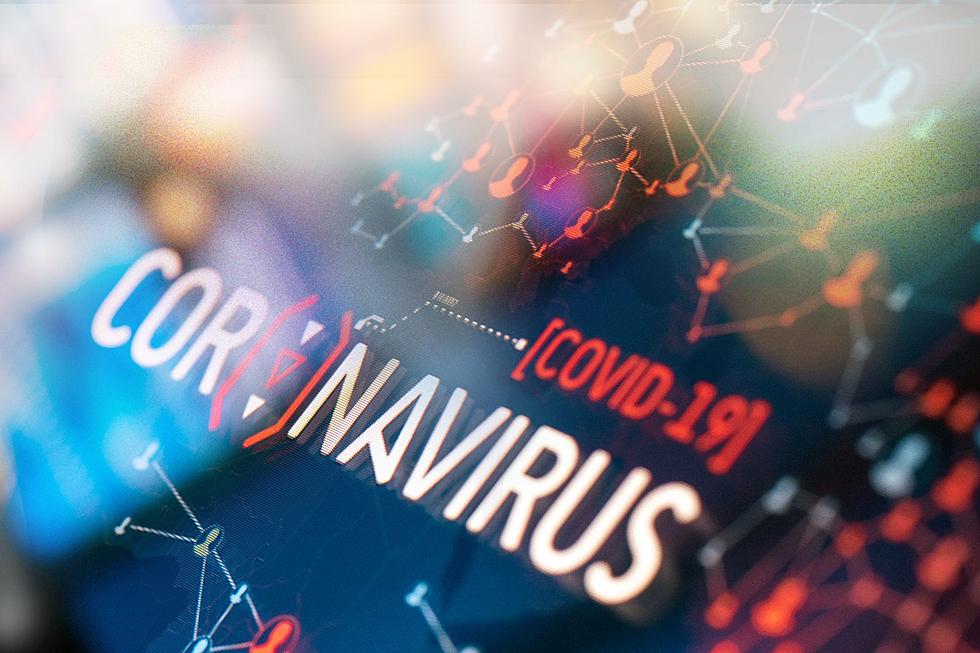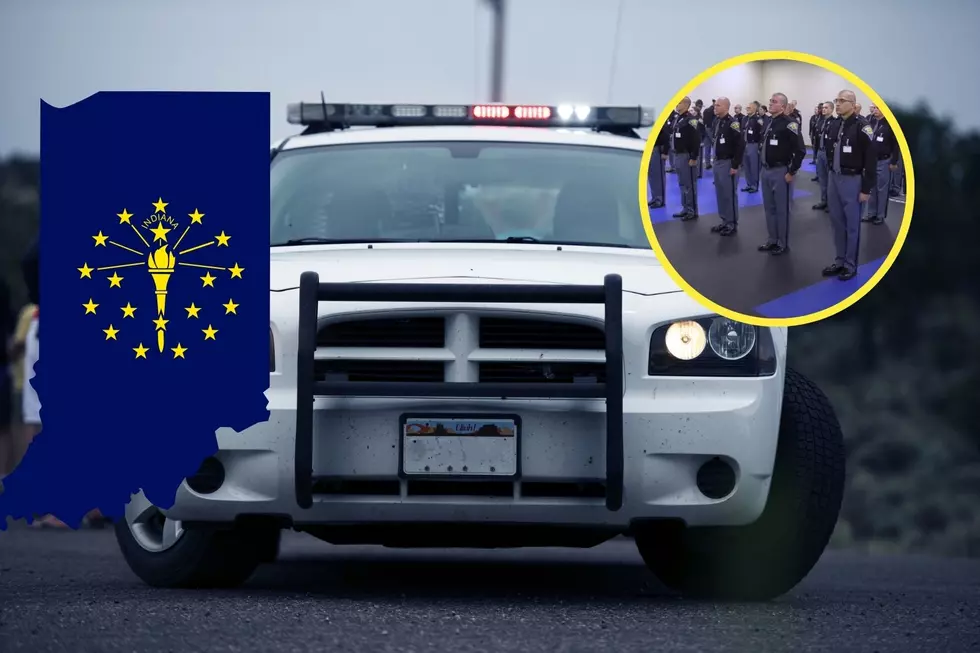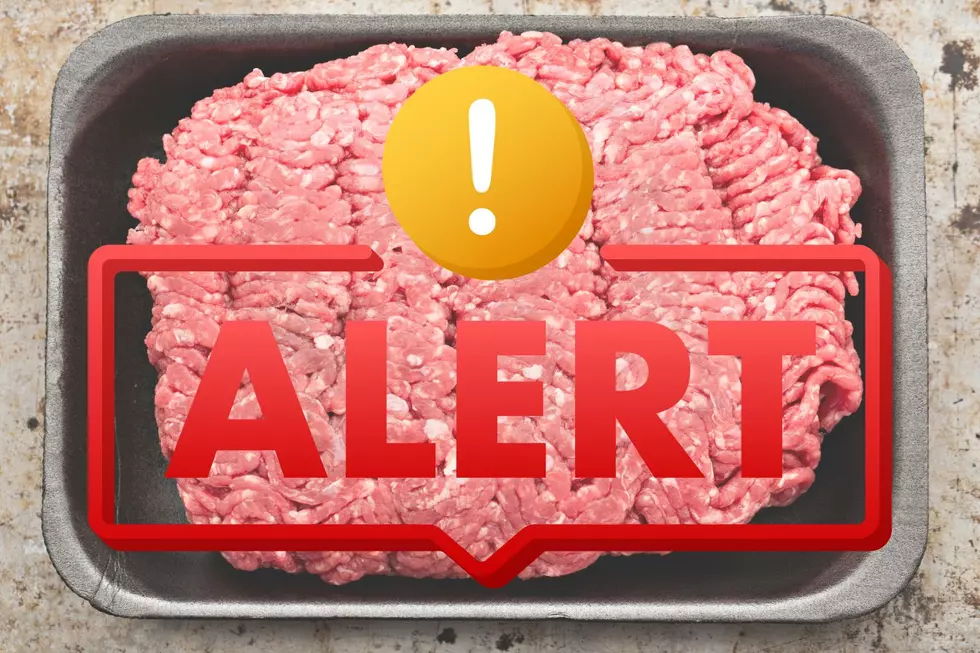
Here’s How to Get FREE Covid-19 Tests in Kentucky and Indiana
We are heading into the winter months when cold, flu, and COVID germs run rampant, and according to the Centers for Disease Control and Prevention (CDC) COVID cases and hospitalizations are on the rise. To help mitigate the spread of the virus, the US government wants to ensure everyone in America has access to free COVID-19 tests.
Tis the Season for Germs
With the holiday season approaching many of us will be traveling and spending time with extended family. This can mean contact with a lot of bacteria and viruses, including COVID-19. The COVID-19 virus has of course mutated since it was first discovered in 2019, and there are currently four variants of the disease with several sub-variants of each that have been discovered, according to Prevention.
Breaking Down the Covid Variants
Alpha
Subvariant B.1.1.7
According to reports it was less contagious than the more recent variants and is not currently circulating. They say it was "mildly" more contagious than the original strain of the COVID virus.

Beta
Doctors say that the Beta variant of COVID was about two times as contagious as the original virus. This strain circulated in early 2021 and is no longer actively circulating.
Delta
Subvariant Delta Plus
Delta and its subvariant Delta Plus are still active and have caused more illness than the previous strains of the virus with more severe symptoms as well. Doctors say the current vaccines are "very effective" against the Delta and Delta Plus variants.
Omicron
Subvarient HV.1
Subvarient EG.5
Subvarient FL.1.5.1
Subvarient XXB1.16.6
Omicron and its four subvariants are highly contagious and with the continued evolution of the virus's subvariants, they say the current vaccines may not protect well against all of them. Doctors say this variant of COVID-19 can infect quickly.
Symptoms of Omicron
UC Davis Health, a nationally ranked medical school located in California, says that even though there are several variants, the symptoms are consistent with what we have come to know about COVID and they include:
- fever or chills
- cough
- shortness of breath or difficulty breathing
- fatigue
- muscle or body ache
- headache
- new loss of taste or smell
- sore throat
- congestion or runny nose
- diarrhea
- nausea or vomiting
Mitigating the Spread
To help mitigate the spread of the disease, it is imperative to know if you are infected. Whether you have been exposed to someone else who has symptoms or you are presenting with symptoms of your own, at-home testing can go a long way to prevent the spread of COVID.
When to Take a COVID Test
If you begin to have COVID-19 symptoms like fever, sore throat, runny nose, etc, you should be tested for the virus. Additionally if you have come in contact with someone who has tested positive for COVID-19, you should test at least 5 days after contact. It is also advised that you test prior to attending any large gathering, in particular if you know you will be around anyone who may be at high risk for the disease like those with severe illness or weakened immune systems.
I Tested Positive for COVID. Now What?
If you have tested positive for COVID-19, the CDC guidelines recommend taking precautionary steps to prevent the spread of the disease to others.
If you have COVID-19, you can spread the virus to others. There are precautions you can take to prevent spreading it to others: isolation, masking, and avoiding contact with people who are at high risk of getting very sick. Isolation is used to separate people with confirmed or suspected COVID-19 from those without COVID-19
To learn more about COVID guidelines, including how long to isolate after exposure, visit the CDC website.
Free At-Home Rapid Antigen Tests Now Available
Fortunately, there is now an opportunity for American homes to receive up to eight rapid Covid-19 antigen tests at absolutely no out-of-pocket cost. Effective November 20, 2023, every home in the United States is eligible for four at-home tests. However, if you did not take advantage of the free tests in the fall, you may order eight tests.
<p>Every home in the U.S. is eligible to order an additional 4 free at-home tests beginning November 20. If you did not order tests this fall, you may place two orders for a total of 8 tests.</p><p>Your order of COVID tests is completely free – you won’t even pay for shipping.</p>
How To Get Your Free At-Home COVID Tests
It is incredibly easy to request your free tests. All you have to do is visit Covid.gov and fill out the necessary form fields including your shipping or mailing address. You'll also notice a "shopping cart" on the site that shows the tests in the cart with a cost of $0.00 and a shipping cost of $0.00. Even though there is no cost and no billing information is required, you do have to click the button that says "Check Out Now" to complete your order.
Once you have placed your initial order, if you did not order previously in the fall when the free tests were made available in September, you will be prompted to go through the process again for a second set of four tests. The USPS says the test kits will begin shipping the week of November 27, 2023.
I Already Have Tests But They Are Expired. Can I Still Use Them?
If you already have COVID tests at home but they have expired, don't throw them out just yet. Likewise, the tests that are available now may arrive past the expiration date. However, the FDA has extended the expiration dates on a number of tests. Find the full list of current expiration dates on the FDA website or check out the video below.
Protecting Ourselves and Others
With cold and flu season here, and COVID continuing the spread, we all must do our part to take care of ourselves and others.
Answers to 25 common COVID-19 vaccine questions
Gallery Credit: Stephanie Parker
More From WGBF-FM









